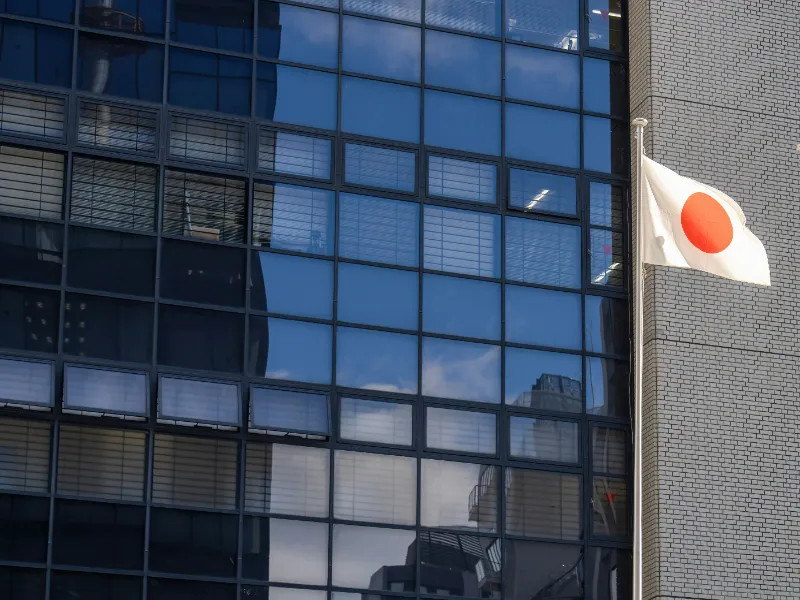- Japan’s Fiscal System Council proposes long-term support for the Japan semiconductor industry.
- The subcommittee calls for prioritizing high-impact projects and third-party effectiveness checks.
What happened
A subcommittee of Japan’s Fiscal System Council has proposed a shift in the country’s semiconductor aid strategy, urging the government to move beyond ad hoc funding to a more structured, medium-term support plan. This proposal is rooted in the growing recognition of the sector’s importance to Japan’s economic security. The subcommittee recommended that Japan establish clear guidelines for funding, prioritize high-impact projects, and introduce third-party evaluations to measure the effectiveness of the aid.
Also read: What are the different types of semiconductor?
Also read: Black Myth: Wukong leads the trend of semiconductor chip industry
For the past three years, Japan has allocated approximately ¥3.9 trillion through supplementary budgets to support its semiconductor industry. However, these funds were dispersed reactively rather than strategically, prompting calls for a more consistent, long-term approach. The panel also raised concerns about the escalating interest burden from government bonds used to finance the sector’s support, urging a multiyear budgeting model to mitigate these costs.
Why this is important
The semiconductor industry is crucial not just for Japan’s economic stability, but also for its national security. Once the global leader in semiconductor production, Japan’s market share has dwindled from 50% to just 10%, making its future competitiveness a matter of increasing concern. The proposal to provide structured, long-term support is a step towards reversing this decline and ensuring that Japan remains a major player in semiconductor innovation.
By focusing on high-priority projects and ensuring that investments are scrutinised through third-party assessments, Japan hopes to maximise the impact of its financial support. This shift towards a medium-term strategy would not only provide consistency for the industry but also safeguard the country’s technological independence in the face of rising competition from other global powers, such as the U.S. and China. The success of this approach could set a new precedent for how governments support critical sectors, especially in an era of heightened economic and technological security concerns.

